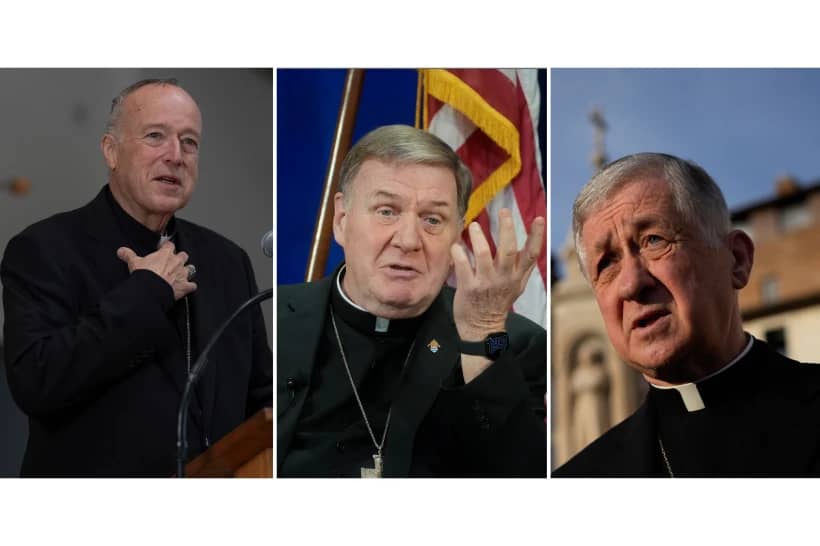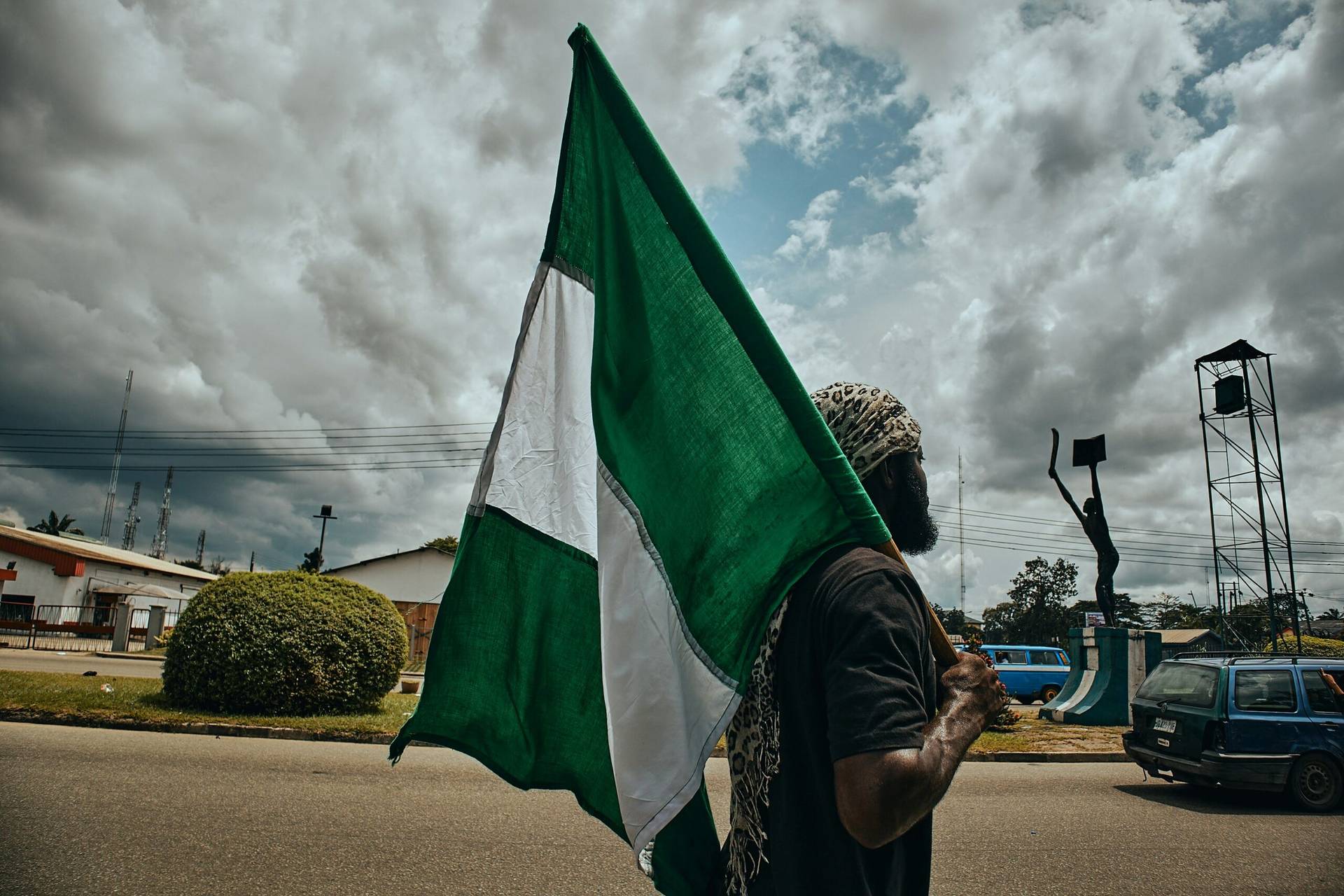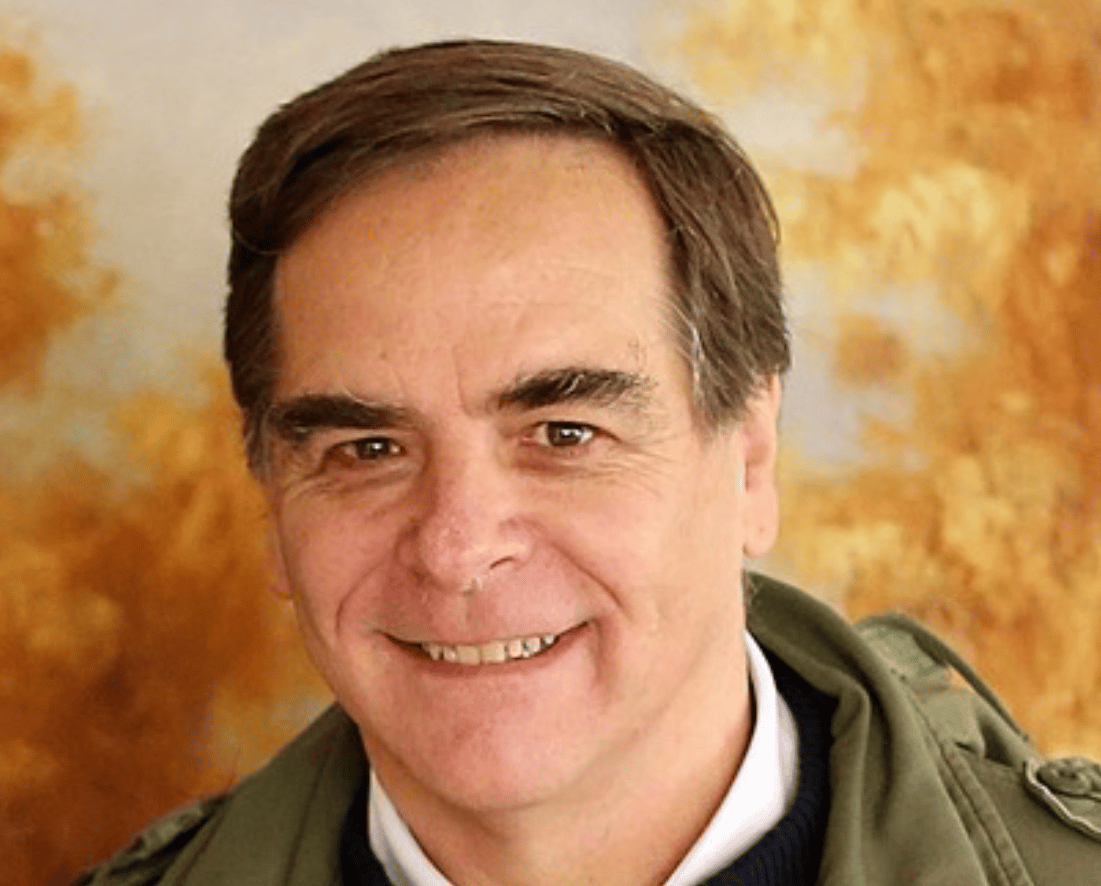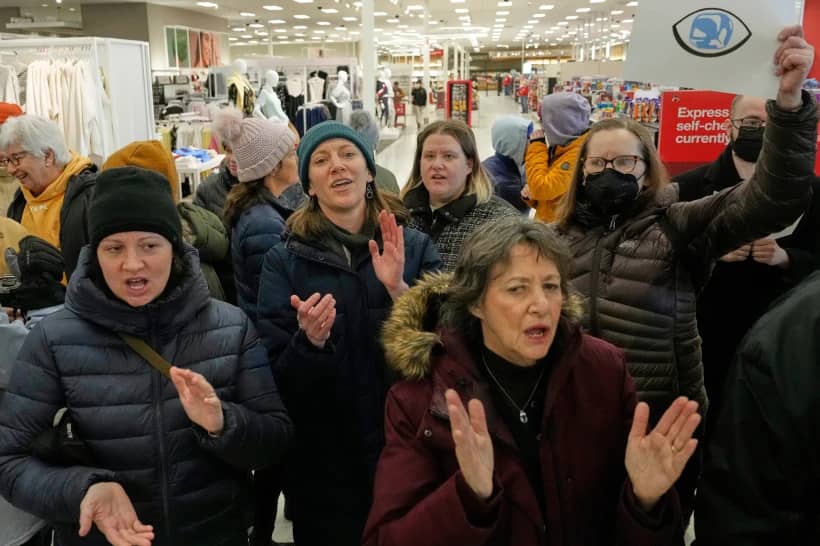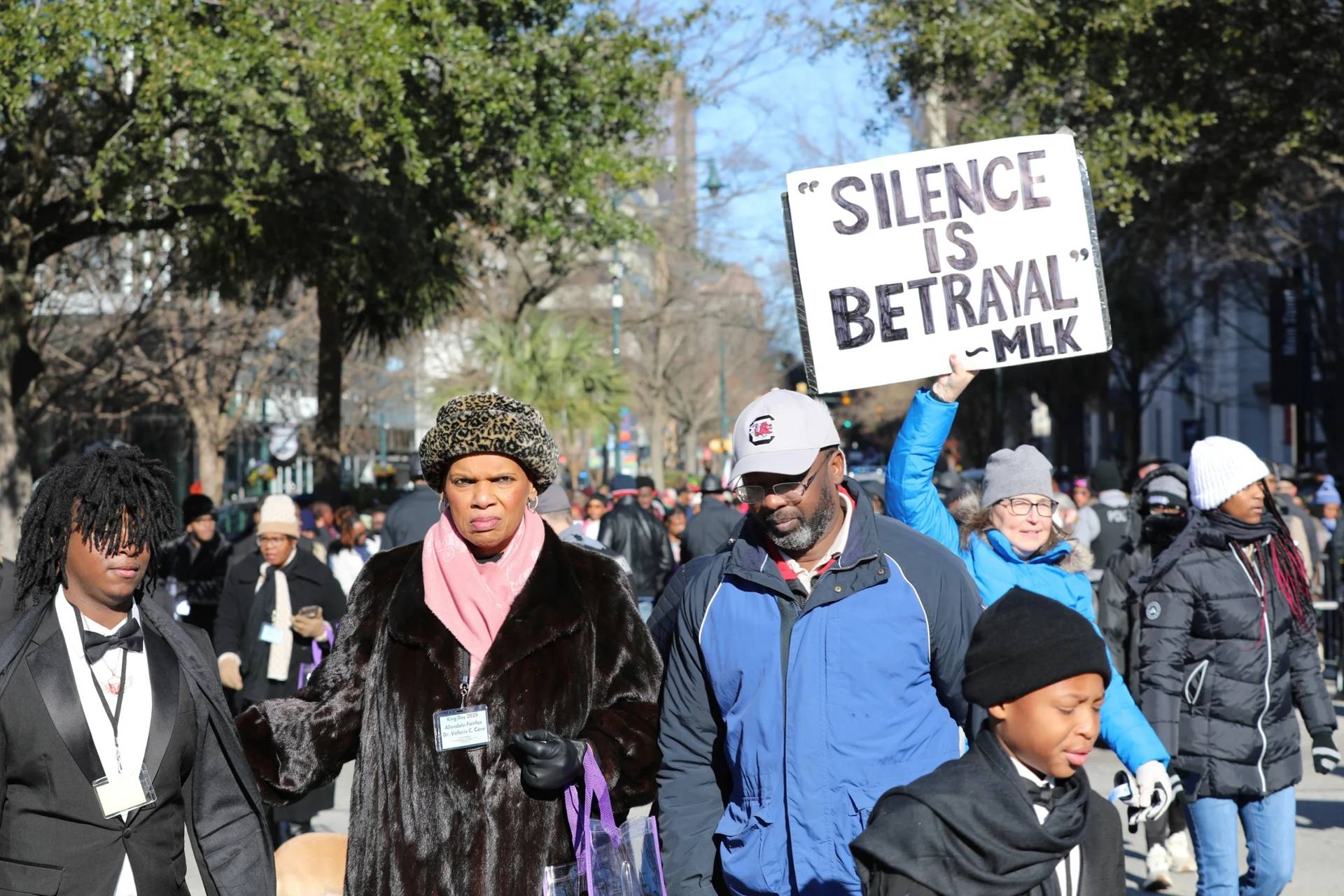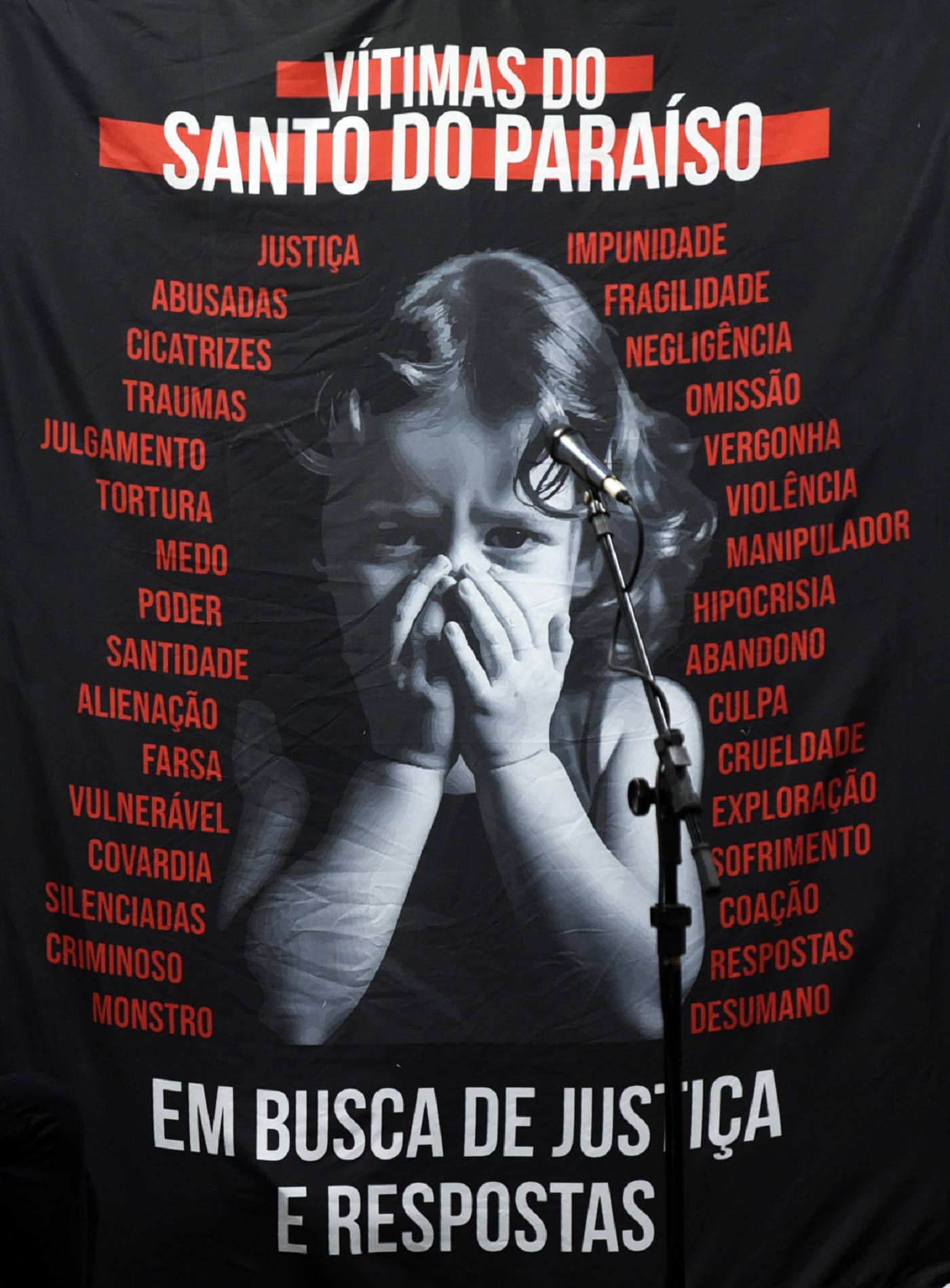BALTIMORE – After a long debate, the U.S. bishops decided against issuing a special message on immigration – although they did urge for the release of a presidential statement on the matter from Cardinal Daniel DiNardo, who serves as president of the conference.
In comparison, four years ago to the day, the U.S. bishops unanimously passed a “special message” denouncing the Health and Human Services (HHS) contraception mandate for its threats to religious liberty.
A “special message” is a formal statement that under parliamentary rules for the conference, must be issued while the assembly is in session with a two-thirds vote from the conference approving the formation of the drafting committee. In 2013, when the U.S. bishops issued a formal “special message” on the Health and Human Services mandate, they did so at the conclusion of the assembly.
DiNardo indicated that it could take several days for a statement to be drafted and that he would like to work on it in conjunction with Archbishop José Gomez of Los Angeles, who serves as head of the special working group on immigration, and Bishop Joe Vasqeuz of Austin, Texas, who is head of the Committee on Migration.
This latest move on immigration came during the 2017 fall assembly of the United States Conference of Catholic Bishops (USCCB), following an afternoon of vigorous discussion on how to best respond to President Donald Trump’s policies on immigration.
After a formal update from the bishops’ working group on immigration issues, which was established last December after the election of Trump, the session engaged in almost an hour of open discussion, with nearly twenty bishops rising to speak on the matter.
“We need a path to legalization and citizenship for the millions of unauthorized brothers and sisters who are law abiding, tax paying, and contributing to our society,” said Vasquez to widespread applause throughout the room.
Cardinal Sean O’Malley, Archbishop of Boston, took to the floor to encourage his fellow bishops to not forget about those living in the U.S. under Temporary Protected Status (TPS), now threatened by the Trump administration.
TPS was established by the U.S. congress in 1990, and allows for individuals to reside and work in the U.S. if their home country is under threat from natural disaster, violence, or other extraordinary circumstances. To date, there are an estimated 320,000 individuals living in the U.S. under TPS status.
Michael Hill of the USCCB office for government relations told the bishops that the coming months present the best opportunity for the passage of the DREAM Act. Gomez also said that he was optimistic that a fix to the DACA program was possible, perhaps even before Christmas.
The U.S. bishops have long advocated for the passage of the DREAM Act and DACA, both of which protect qualified immigrant minors living in the United States, and in the case of the DREAM act, provides a path to permanent residence.
Also under discussion was how to best respond to those who attempt to dismiss immigration issues as a matter of “prudential judgment,” a question raised by Bishop Oscar Cantú of Las Cruces, New Mexico.
Archbishop Salvatore Cordileone of San Francisco said prudential judgment requires great discernment and sincere efforts to understanding the teaching and words of the bishops, and said many that dismiss immigration concerns as prudential judgment do so too lightly.
Archbishop Thomas Wenski of Miami, Florida also took to the floor to denounce the current administration’s immigration policies. “You don’t make America great by making America mean,” said Wenski.
The afternoon session also included an update from Bishop George V. Murry of Youngstown, Ohio, who heads the newly formed ad hoc committee on racism, which was announced in August following the racially motivated events of Charlottesville, Virginia.
“Racism has found a troubling resurgence in modern years,” said Murry. “Its targets and its destructive manifestations appear to be ever-growing.”
An updated pastoral letter on racism is expected from the bishops to be presented at the next fall assembly in November 2018.
Bishop Gerald Kicanas, who is retiring this month as head of the diocese of Tucson, Arizona, spoke during the open discussion saying that while he applauded the work of the new ad hoc committee, he called for bishops to do more than issue statements, and instead move toward more symbolic actions.
“Our pope has shown the importance of showing that,” said Kicanas.
At a press conference following the session, Murry said the point of the committee was not to simply issue statements, but it would be looking for concrete ways to “help people change their hearts and change their behavior.”
The bishops will continue in open sessions on Tuesday, before going into executive session on Wednesday.
Stay tuned for Crux’s latest news and updates from the USCCB fall assembly, where Crux’s national correspondent Christopher White is providing ongoing coverage. Follow him on Twitter @CWWhite212 and visit Crux for daily updates and interviews from Baltimore.







